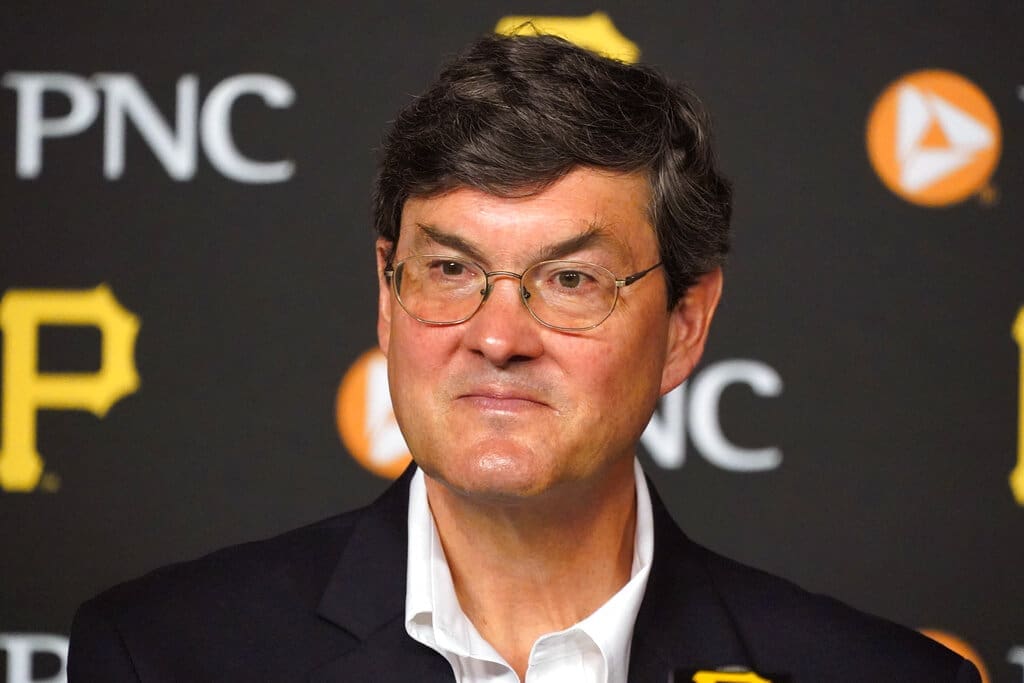Opinion
Inside the Myth of Small-Market Suffering: A Look at the Pirates’ Revenue Sharing and Profits

Blaming Major League Baseball’s competitive balance issues on the perils of small market ownership or the need for a hard salary cap system puts the cart before the horse.
If small markets were the root of MLB’s struggles with competitive balance and spending, the Pittsburgh Pirates would not exist, nor would any other small market club. They’d have cut bait for San Antonio, Montreal, or Vancouver, tried to stuff another team into Houston, Phoenix or Philadelphia.
Noncompetitive small market clubs aren’t fighting for the scraps left by the Dodgers and Yankees by nature. They’re doing so by choice, abetted by the myth that they’re struggling to stay afloat.
In fact, the tendency of teams with deep pockets to go on spending sprees—gobbling up any and all desirable free agents—doesn’t hurt the Pirates’ finances by reducing the quality of their on-field product. Instead it helps their bottom line, as nearly 50% of the competitive balance taxes levied each season are redistributed to the teams that didn’t exceed the luxury tax threshold.
The 2022 Collective Bargaining Agreement steepened the tax rates for teams that break the soft cap, giving thrifty teams more of an incentive to hold fast.
Actions to prevent teams from pocketing their revenue sharing earnings have turned up fruitless. The Major League Baseball Players Association filed a grievance against the Pirates and three other clubs in 2018 for refusing to improve their on-field product with the pooled money they received, but almost five years later nothing has come of those actions.
If small market owners needed a salary cap system in place to compete, they would’ve made it a sticking point during the CBA negotiations, not allowing the agreement to pass without a fight. As it stands, a reimagined financial system is nothing more than a pipe dream.
Players don’t want a hard salary cap because it would curb the record-breaking contracts handed out each offseason; owners don’t want a salary cap because it would either prevent them from spending freely, or from profiting by sitting on their hands year after year.
Perhaps the players deserve a share of the blame for shirking a cap system, but they aren’t the ones acting like their hands are tied without a hard cap when reality is anything but that.
If the Pirates are able to break even on their roster spending through ticket, food and merchandise sales—as the Post-Gazette reported in April—that opens the rest of their profits (after allowances for the other costs of operating the franchise) for Nutting and his club to pocket.
Under the current agreements, each MLB team makes $60.1 million per year from national broadcast deals with networks like ESPN, TBS and FS1.
The exact numbers for local TV deals aren’t public—who would air that dirty secret?— but Craig Goldstein of Baseball Prospectus estimates local revenue sharing dollars at $40 million per year, per team.
starting in 2022 every MLB team will receive a guaranteed $60.1 million via national TV deals (averaging out the money from the life of those deals). Likely every local tv deal averages >$40m per year. So every single team is getting $100m+ guaranteed before selling a ticket.
— Craig Goldstein (@cdgoldstein) February 1, 2022
48 percent of each team’s revenue from local deals is subject to revenue sharing, pooled and then redistributed to teams in smaller markets, another yearly shot in the arm for the Pirates.
Remove the desire to compete from the equation and look at the Pirates as any other business, not as an MLB club. It’s not like MLB owners are running a startup, hurting for money and needing to take spending risks for their businesses to survive.
They’re an established brand owned by people already worth hundreds of millions, if not billions of dollars. They have the security to sit on their investments, treating clubs like a stock in share instead of a sports franchise as they minimize risk while maximizing profit, raking in nine figures each year while throwing baseball—and its fans—to the wind.
 |















